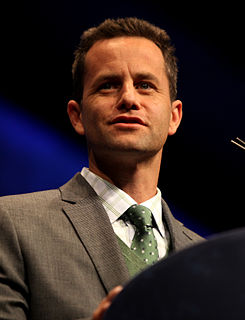A Quote by Herman Melville
all mankind, not excluding Americans, are sinners--miserable sinners, as even no few Bostonians themselves nowadays contritely respond in the liturgy.
Quote Topics
Related Quotes
One thing I have learned in institutions is not to press hard on the fact that their inmates are, like the rest of mankind, sinners; for they, like many others, are liable to confuse the generic term "sinner" with the specific term "criminal." Most of us are so accustomed to admit that we have fallen short of grace and are "miserable offenders," in view of our possibilities and opportunities, that we do not resent being called "sinners"; but not so with our congregation.
The vicar, whose name is Reverend Waite, leads us in prayers that all begin with 'O Lord' and end with our somehow not being worthy-sinners who have always been sinners and will forever more be sinners until we die. It isn't the most optimistic outlook I've ever heard but we're encouraged to keep trying anyway.
Having spent time around "sinners" and also around purported saints, I have a hunch why Jesus spent so much time with the former group: I think he preferred their company. Because the sinners were honest about themselves and had no pretense, Jesus could deal with them. In contrast, the saints put on airs, judged him, and sought to catch him in a moral trap. In the end it was the saints, not the sinners, who arrested Jesus.
Love sinners, but hate their deeds, and do not disdain sinners for their failings, so that you yourself do not fall into the temptation in which they abide... Do not be angry at anyone and do not hate anyone, neither for their faith, nor for their shameful deeds... Do not foster hatred for the sinner, for we are all guilty... Hate his sins, and pray for him, so that you may be made like unto Christ, who had no dislike for sinners, but prayed for them.
The Church is holy, although there are sinners within her. Those who sin, but who cleanse themselves with true repentance, do not keep the Church from being holy. But unrepentant sinners are cut off, whether visibly by Church authority, or invisible by the judgement of God, from the body of the Church. And so in this regard the Church remains holy.







































